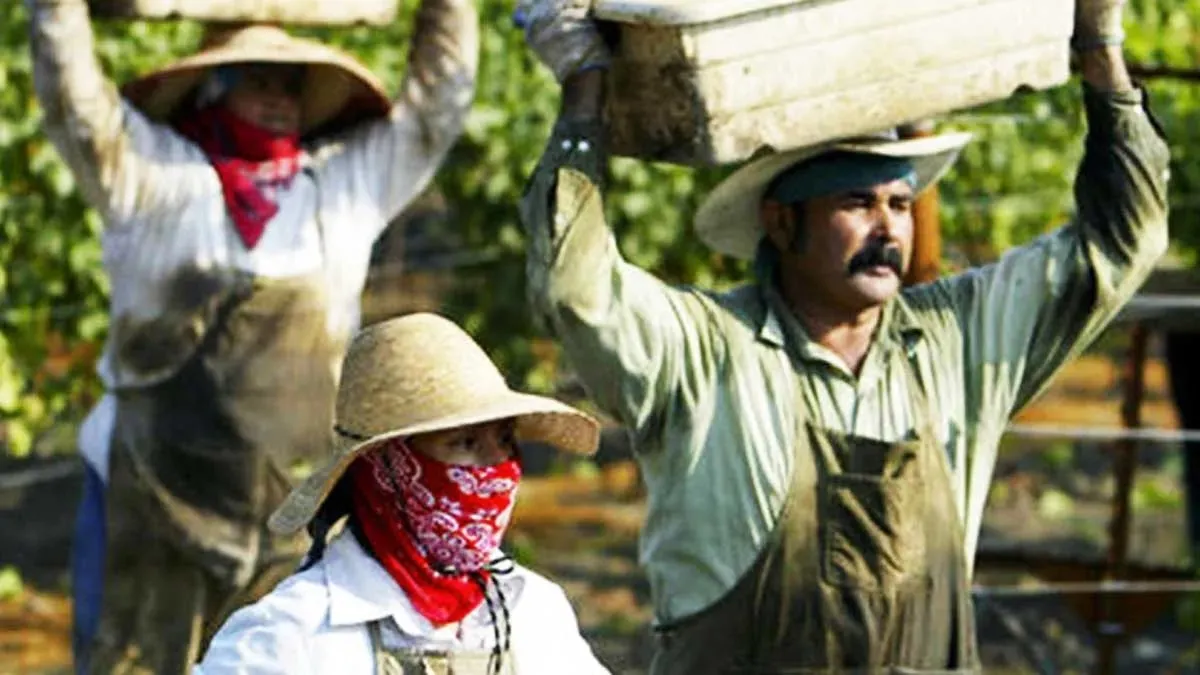In a state like California, where agriculture is a pillar of the economy, it’s easy to assume that our educational programs reach everyone who works the land. But for far too long, one essential group has been overlooked: farmworkers.
That’s why the recent webinar led by Katherine Jarvis-Shean and a team of academics from UC ANR and UC Davis was more than just a data presentation—it was a declaration of intent and a bold step in the right direction.

California is home to an estimated 880,000 farmworkers, compared to just 130,000 growers. And yet, most Cooperative Extension programs have traditionally focused on growers, pest control advisors, and agricultural business owners—people who often have college degrees and speak fluent English. Farmworkers, on the other hand, tend to be younger, mostly born in Mexico, with limited formal education. Many do not speak English or formal Spanish—some speak Indigenous languages.
The project led by Jarvis-Shean, based on focus groups with farmworkers in the Central Valley, asked two simple but powerful questions: What do farmworkers want to learn? and how do they want to learn it?
The answers were clear. They want to learn about pest management, plant production, and agricultural technology. They prefer in-person workshops, hands-on demonstrations, and videos they can watch at their own pace—often while doing household chores or after work.
This presentation reminded us that farmworkers are hungry for knowledge. They take pride in their work. They want to grow professionally and see education as a path to a better life. But as UC ANR advisors, we face a major challenge: how do we reach them equitably?
As Katherine Jarvis-Shean aptly stated: “There are nearly 900,000 farmworkers in California—and most have no history with UC ANR. Reaching them equitably will require new resources, new thinking, and strong partnerships.”
The solution, as shown by this team from UC Cooperative Extension and UC Davis, begins with listening. It continues with collaborating—with trusted community organizations like Central La Familia or MICOP. And it requires rethinking our communication strategies, budgets, and even our job descriptions.
The News & Information Outreach in Spanish (NOS) unit is ready to take on that challenge. For over 40 years, we’ve created videos, stories, and campaigns that speak directly to Latino communities—in their language and with cultural respect. Thanks to this project and its survey results, we now have a clearer path to deliver these messages to farmworkers and their families.
Now more than ever, UC ANR must expand its definition of “clientele.” Because farmworkers don’t just harvest food.
They also carry ancestral knowledge, family traditions, and deep cultural resilience. They deserve not only our gratitude—but our investment.

